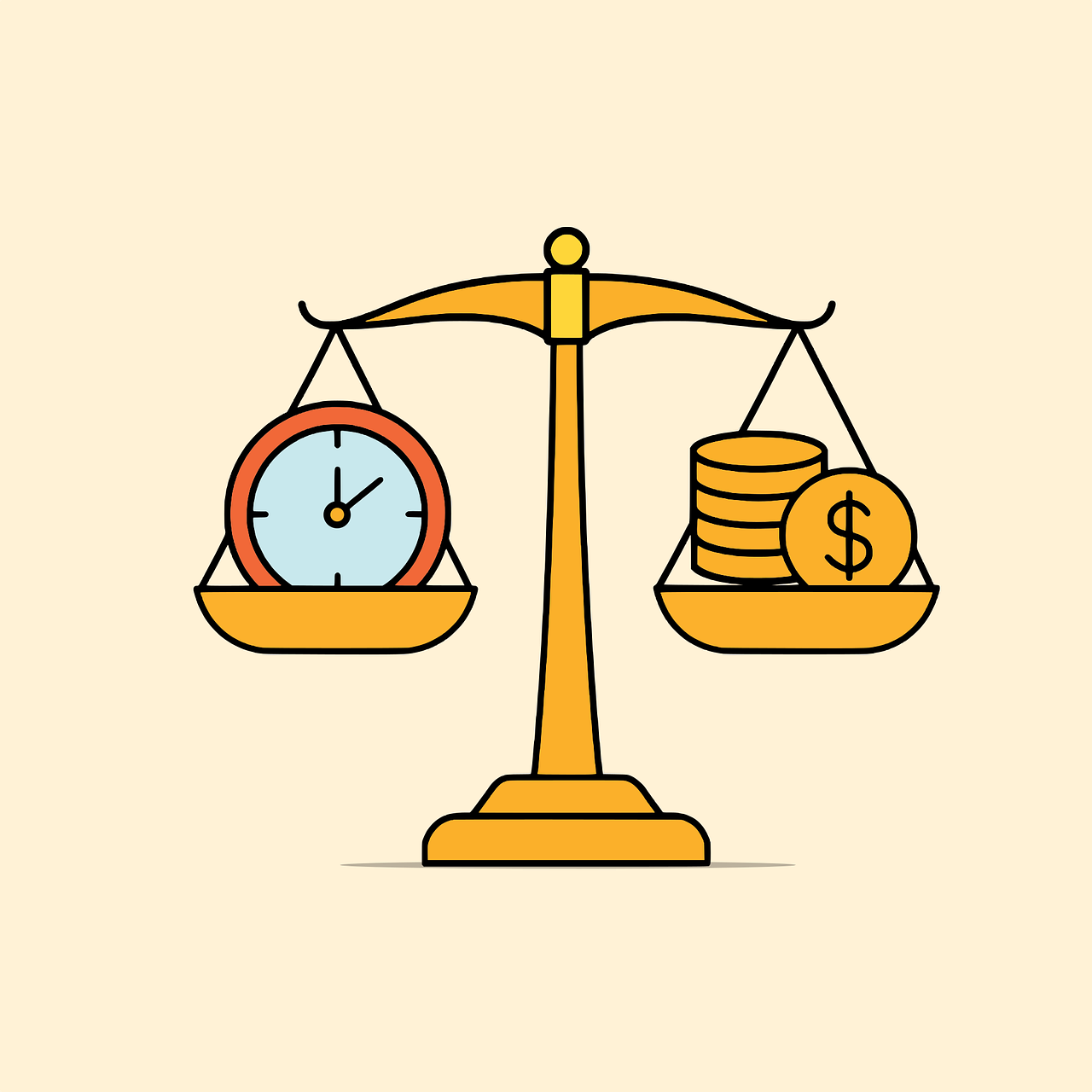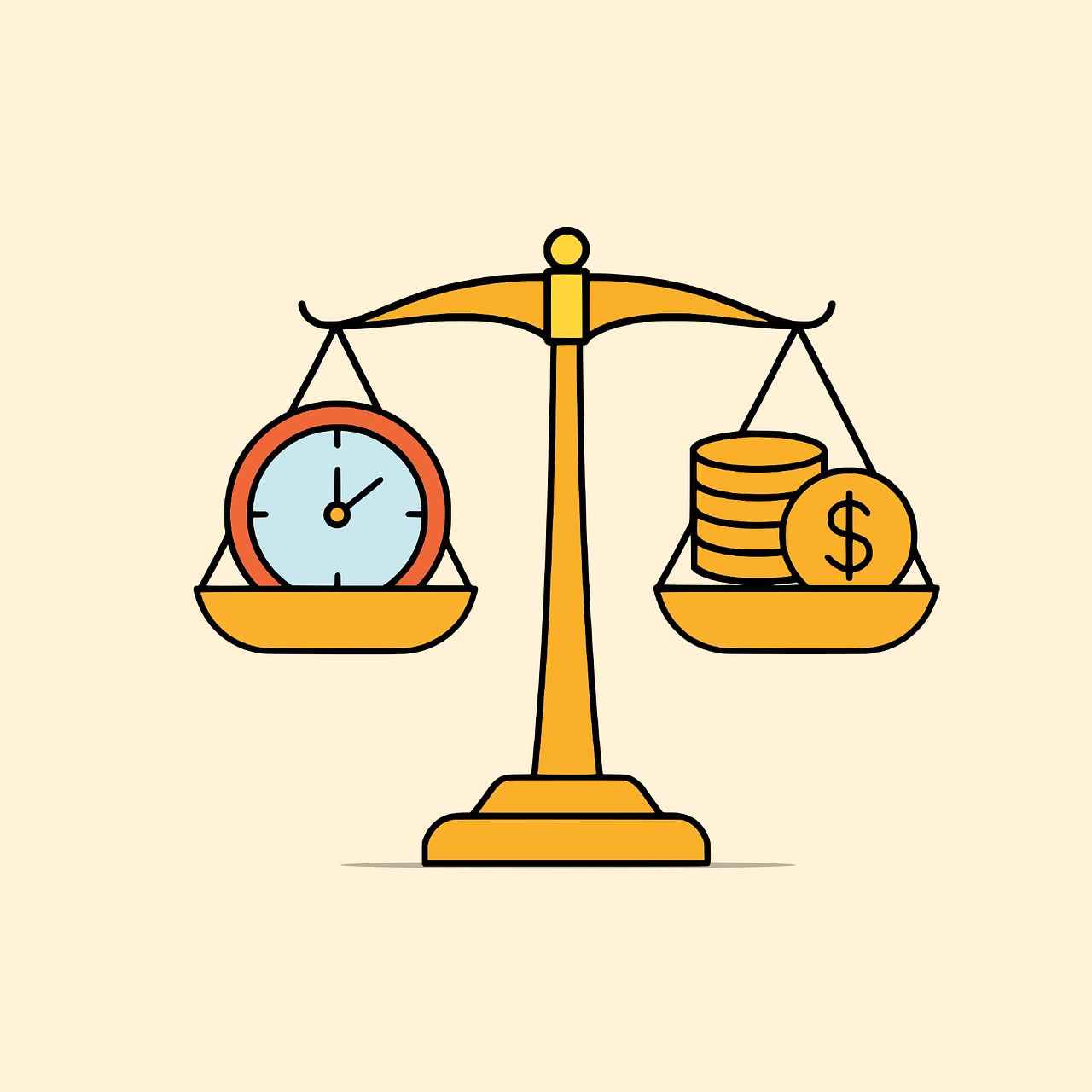What does it take to join the upper echelon of society known as the top 1% by net worth at retirement? You’re not alone if you’ve ever wondered about the financial thresholds and strategies involved in reaching such a milestone. This subject not only piques curiosity but also serves as a fascinating lens through which to view the broader concepts of financial planning and wealth accumulation.
Understanding Net Worth
Before we explore the specific net worth figures that define the top 1% at retirement, let’s break down what net worth means. Your net worth is essentially the difference between your assets and liabilities. In simpler terms, it’s what you own minus what you owe.
Assets
Assets can be tangible or intangible and come in various forms such as:
- Real Estate: Properties you own, including your home, investment properties, or land.
- Investments: Stocks, bonds, mutual funds, retirement accounts, and other investment vehicles.
- Cash and Cash Equivalents: Easily accessible funds, such as savings and checking account balances.
- Personal Property: Valuable items like cars, jewelry, or collectibles.
Liabilities
On the flip side, liabilities include:
- Mortgages: Home loans or equity lines of credit.
- Loans: Personal, student, or auto loans.
- Credit Card Debt: Unpaid balances on credit cards.
- Other Debts: Any other obligations you owe.
Who Falls into the Top 1% at Retirement?
To understand who qualifies as the top 1% by net worth at retirement, it’s crucial to note that figures can vary significantly based on geographic location and economic conditions. However, general trends exist.
United States Context
In the U.S., the benchmark for the top 1% can be extraordinarily high. According to recent data, joining the top 1% in terms of net worth in the U.S. often requires at least:
- Net Worth of $10 million: This is a rough estimate and can vary based on new data or inflation rates.
Global Perspective
Globally, the threshold for the top 1% can differ widely:
- Wealth Requirements: In some countries, $1 million may suffice, while in others, such as those with booming economies, the bar might be higher.
Here’s a simple table illustrating how the net worth requirement can vary across different regions:
| Region | Approximate Net Worth for Top 1% |
|---|---|
| United States | $10 million |
| Europe | $5 million |
| Asia | $3 million |
| Africa | $1 million |
This image is property of images.unsplash.com.
Factors Influencing Top 1% Status
Achieving top 1% status involves more than just a high salary. It often requires a strategic approach to personal finance.
Income
While a high income can propel you toward a higher net worth, other components also play a pivotal role. Strong earning potential, especially from investments, can be instrumental.
Investment Strategies
Investing wisely is crucial. Top 1% individuals typically have diversified investment portfolios that include:
- Stocks and Bonds: Offer growth and income.
- Real Estate: Provides asset appreciation and rental income.
- Private Equity: Potential high returns through investments in private companies.
Business Ventures
Owning businesses can contribute significantly to your net worth. Successful entrepreneurs often find themselves in the top echelons due to the equity they hold in their companies.
Financial Planning and Saving
Meticulous planning and disciplined saving are key. Setting clear financial goals and sticking to a budget can make the difference.
Steps to Join the Top 1% at Retirement
While reaching the top 1% might seem daunting, certain steps can increase your likelihood of success.
Start with Education
Financial literacy is foundational. Understanding basic financial concepts, such as how compound interest works or the importance of diversification, can lead to informed decisions.
Increase Income Streams
Relying on a single income source can be limiting. Consider multiple income streams:
- Active Income: Your primary job or profession.
- Passive Income: Rental properties, royalties, or side businesses.
Wise Investment Choices
Take calculated risks with investments. Consulting a financial advisor can provide guidance tailored to your specific situation.
Debt Management
Minimizing liabilities is just as important as growing assets. Develop a plan to reduce high-interest debt, like credit card balances, and avoid taking on unnecessary loans.
Long-Term Planning
Consistently contribute to retirement accounts, such as 401(k) or IRA, and take advantage of employer matching if available. The power of compound interest can be significant over time.
This image is property of images.unsplash.com.
Challenges and Considerations
Achieving top 1% status is not without its hurdles. Understanding the challenges can help in navigating them effectively.
Economic Volatility
Market factors can impact net worth considerably. Regularly reviewing and adjusting your financial plan based on economic conditions is crucial.
Lifestyle Inflation
As income rises, so can spending habits. Staying mindful of lifestyle inflation can prevent unnecessary expenses from eroding potential savings and investments.
Taxation
Higher net worth often leads to higher taxes. Employing strategies to manage tax liabilities legally, such as charitable deductions and tax-efficient investments, can be beneficial.
Inheritance and Legacy
For some, generational wealth plays a role in reaching the top 1%. Understanding the dynamics of inheritance and legacy planning can be instrumental.
Estate Planning
Creating an estate plan ensures that your assets are distributed according to your wishes. It can also help mitigate estate taxes.
Trusts and Gifts
Using trusts or gifting strategies can provide tax advantages and help maintain wealth through generations.

Future Trends in Wealth Accumulation
The landscape of wealth accumulation is ever-changing, with several trends influencing how the top 1% may look in the future.
Technological Advances
The rise of technology, such as blockchain and digital currencies, is reshaping traditional value creation methods, offering new investment opportunities.
Globalization
As markets continue to globalize, cross-border investment opportunities open up, allowing for diversification and growth.
Sustainability
An increasing focus on sustainable investing suggests that socially responsible investment strategies may become more prevalent.
Conclusion
Understanding the top 1% net worth at retirement involves multiple facets of financial knowledge and discipline. While reaching this echelon is challenging, it’s not impossible with the right strategies and mindset. Whether through wise investments, diversified income streams, or meticulous planning, each step toward financial empowerment can significantly impact your future. Asking the right questions and seeking expert advice can further enhance your journey toward potentially joining the top 1% when you retire.
This image is property of images.unsplash.com.










































